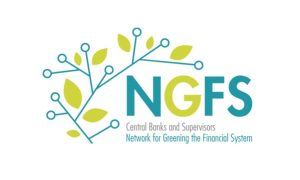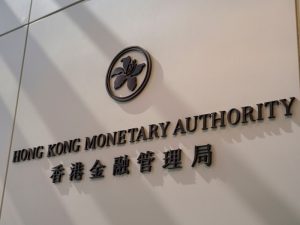Statement on the Economic Costs of Climate Inaction
The Network for Greening the Financial System (NGFS) releases a statement on the economic costs of climate inaction, aiming to calculate the economic costs incurred by global climate inaction.
This statement, issued during the COP30 conference, supports the climate transition efforts of central banks and regulatory authorities.
Related Post: NGFS Releases First Short-term Climate Scenarios
Introduction to Statement on the Economic Costs of Climate Inaction
The Paris Agreement was launched at COP21 in 2015. Ten years later, there is still a gap between the global greenhouse gas emission trajectory and the goals of the Paris Agreement. The Sixth Assessment Report released by the Intergovernmental Panel on Climate Change (IPCC) shows that the time window for limiting global warming to 1.5 degrees Celsius is almost closed, and countries need to formulate more effective Nationally Determined Contributions (NDCs).
The NGFS believes that climate inaction will lead to material economic and financial risks, and the costs will outweigh the expenses of climate transition. The short-term scenario analysis released by the NGFS indicates that regional extreme weather events may cause severe GDP losses and have an impact on the global economy lasting from three to five years. Considering only physical risks, regional extreme weather events could lead to a 6% loss of GDP in Asia and a 12.5% loss in Africa. If action is not taken in a timely manner, these impacts will have spillover effects, disrupting the global food system, energy markets, and supply chains, resulting in broader impacts. If action is taken early, the transition costs can be reduced from 1.3% of global GDP to 0.5%.
Climate inaction will have a material impact on the global economy, and existing assessments have not yet considered the effects of climate change on natural systems. Therefore, the economic costs of current climate inaction may be underestimated. Climate transition requires collaboration across the entire economic system, including both the public and private sectors. Climate disclosure, transition planning, and scenario analysis can integrate climate and natural risks into strategies and operations, enabling sustainable economic transition. These efforts can also reduce natural degradation, yielding dual benefits.
The NGFS, which includes central banks and regulatory authorities from around the world, aims to promote environmental and climate risk management in the financial sector. To maintain a stable macroeconomic and financial environment, the NGFS will provide free data, forward-looking tools, and guidelines to promote climate action.
Reference:





